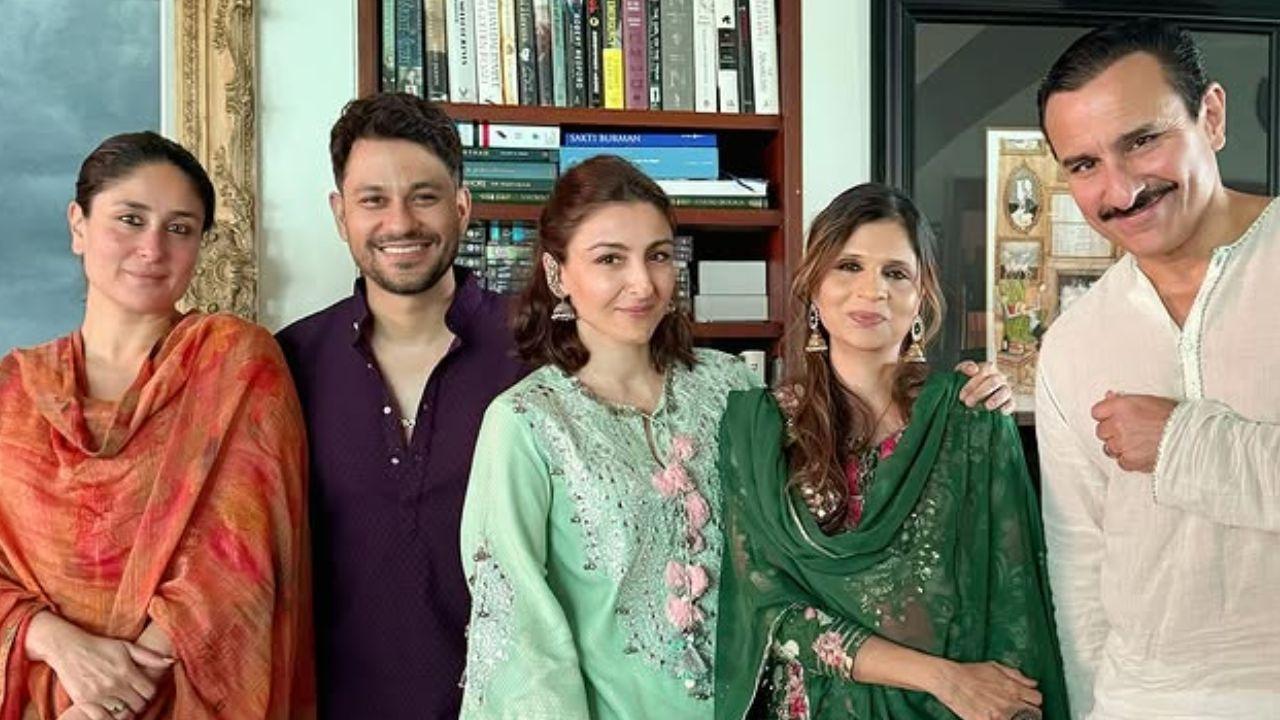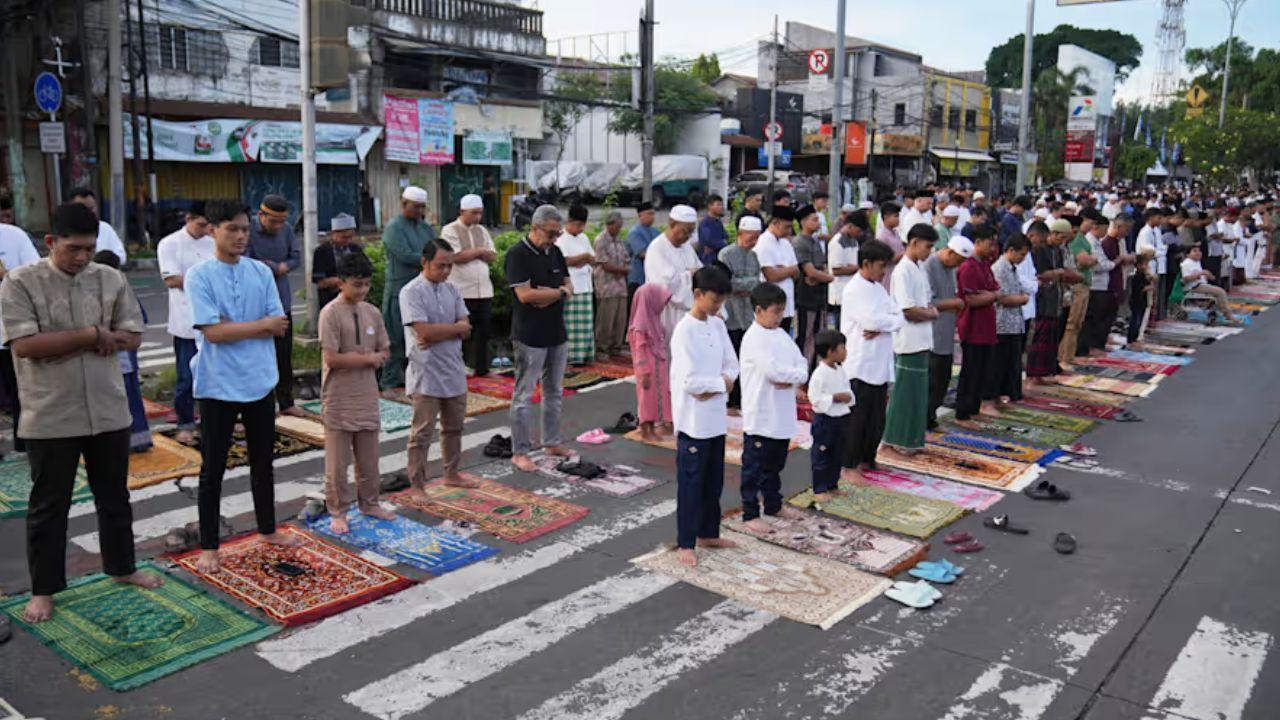
Post by: Vansh Kumar
As global health trends evolve, one concerning issue has emerged: the rising cancer rates among Generation Z. This cohort, typically defined as those born between the late 1990s and early 2010s, is facing an alarming increase in cancer diagnoses. If you’re wondering, “What’s driving global cancer rates among Gen Z?” this article will delve into the contributing factors, shedding light on a complex interplay of lifestyle choices, environmental influences, and genetic predispositions.
Generation Z is unlike any previous generation. Growing up in a digital age, they are more connected than ever and have unique characteristics that set them apart. However, this connectivity comes with challenges, including mental health issues and exposure to various risks. As we explore the cancer rates among this generation, it’s essential to consider their distinctive lifestyle and social environment.
One of the primary factors contributing to rising cancer rates among Gen Z is lifestyle choices. Many young individuals today are increasingly sedentary. With the rise of digital entertainment and social media, physical activity levels have significantly decreased. A sedentary lifestyle is known to be a risk factor for various types of cancer, including breast, colon, and endometrial cancers.
Diet also plays a critical role. Gen Z tends to favor convenience over nutrition, often opting for fast food and processed snacks. High consumption of sugar, unhealthy fats, and preservatives has been linked to obesity, which is a significant risk factor for several cancers. Additionally, the popularity of diet trends, such as veganism and intermittent fasting, while beneficial for some, can also lead to nutritional deficiencies if not balanced correctly.

Environmental influences are another crucial aspect to consider. Pollution levels in many urban areas have risen dramatically, contributing to various health issues, including cancer. Gen Z is exposed to higher levels of air pollution, which has been linked to lung cancer and other respiratory diseases. Moreover, the chemicals found in household products and personal care items can disrupt endocrine functions and may increase cancer risks.
Climate change is also a significant concern. Extreme weather conditions can exacerbate health problems, and rising temperatures have been linked to increased ultraviolet (UV) exposure. This heightened UV exposure can lead to skin cancers, particularly among those who engage in outdoor activities without proper sun protection.
While lifestyle and environmental factors are significant, genetics also play a critical role in cancer susceptibility. Gen Z may inherit genetic predispositions that increase their risk of certain cancers. For instance, mutations in genes like BRCA1 and BRCA2 have been well-documented in breast and ovarian cancers. As genetic testing becomes more accessible, awareness of familial cancer syndromes is increasing, allowing for earlier detection and intervention.
Understanding family medical history is vital for Gen Z. Those with a family history of cancer should consider discussing genetic testing and screening options with healthcare providers. Awareness of genetic risks can empower individuals to take preventive measures, such as lifestyle changes and regular screenings.
Mental health is another essential factor influencing cancer rates among Gen Z. The pressures of modern life, including academic demands and social media comparisons, can lead to increased stress and anxiety. Studies have shown that chronic stress can weaken the immune system, making individuals more susceptible to illnesses, including cancer. Moreover, mental health challenges can lead to unhealthy coping mechanisms, such as smoking or excessive alcohol consumption, both of which are known carcinogens.
As awareness of mental health issues grows, it’s crucial for Gen Z to prioritize mental well-being. Seeking help through therapy, support groups, or engaging in stress-reducing activities can make a significant difference in overall health.
Access to healthcare services plays a significant role in cancer detection and prevention. Unfortunately, disparities in healthcare access still exist, affecting how early cancer can be diagnosed and treated. Gen Z in lower-income areas may face barriers such as lack of insurance, transportation issues, or limited availability of healthcare providers. Education about cancer risks and prevention is vital in mitigating these disparities.
Efforts to improve health education in schools can empower young people to make informed choices about their health. Incorporating cancer awareness programs into curricula can foster a proactive approach to health, encouraging regular check-ups and screenings.
Social media has transformed the way information is shared and consumed. While it can be a platform for spreading awareness about health issues, it can also propagate misinformation. Many Gen Z individuals rely on social media for health advice, which may not always be credible. This reliance can lead to confusion about healthy behaviors and cancer risks.
Encouraging critical thinking and promoting reliable sources of health information can help combat misinformation. Educational campaigns utilizing social media can effectively reach Gen Z, raising awareness about cancer risks and prevention strategies.
In this article, we explored what’s driving global cancer rates among Gen Z. We learned that lifestyle choices, like unhealthy eating and being less active, play a big role in rising cancer rates. Environmental factors, such as pollution and UV exposure, also contribute to this problem. Genetics can increase risk, especially if family members have had cancer. Mental health issues, like stress and anxiety, can make the situation worse. Access to healthcare and reliable information is important for prevention. Understanding these factors can help everyone make better choices and stay healthy.
This article from the DXB News Network aims to inform readers about what’s driving global cancer rates among Gen Z. We encourage everyone to discuss health concerns with trusted adults and healthcare professionals. Remember, understanding these issues can help you make good choices for your health and well-being. Always seek reliable information and support when needed.
Cancer rates, Generation Z, lifestyle choices, environmental factors, genetic predisposition, mental health, healthcare access, healthy living, UV exposure, sedentary lifestyle, nutritional choices, stress and anxiety, misinformation, cancer prevention, health education
#trending #latest #CancerRates, #GenerationZ, #LifestyleChoices, #EnvironmentalFactors, #GeneticPredisposition, #MentalHealth, #HealthcareAccess, #HealthyLiving, #UVExposure, #SedentaryLifestyle, #NutritionalChoices, #StressAndAnxiety, #Misinformation, #CancerPrevention, #HealthEducation #breakingnews #worldnews #headlines #topstories #globalUpdate #dxbnewsnetwork #dxbnews #dxbdnn #dxbnewsnetworkdnn #bestnewschanneldubai #bestnewschannelUAE #bestnewschannelabudhabi #bestnewschannelajman #bestnewschannelofdubai #popularnewschanneldubai

Delicious and Easy 10 Tasty Recipes to Try Today...Read More.

Emirates Foundation's Sanid Program trained 341 volunteers in first aid, fire safety, and crisis response, enhancing emergency preparedness across the UAE....Read More.














New E-Skin Enables Touchless Control and Robot-Like Sensation
Revolutionary e-skin mimics human touch, allowing touchless control, aiding robots, and helping peop

UAE to Launch Digital Dirham CBDC by Year-End for Secure, Efficient Payments
The UAE will introduce its Digital Dirham CBDC by year-end, enhancing security, transparency, and ef

Teenager Mensik Stuns Djokovic in Miami Open Final Upset
Jakub Mensik, 19, shocked Novak Djokovic in Miami, denying him his 100th title with a thrilling stra

IIMA's 60th Convocation & First International Campus in Dubai
IIMA held its 60th convocation, announced a Dubai campus, launched a new centre, and introduced a fi

Hamdan bin Zayed Performs Eid Prayer & Receives Well-Wishers
Sheikh Hamdan bin Zayed prayed on Eid in Al Mirfa, welcomed well-wishers, and reflected on the value